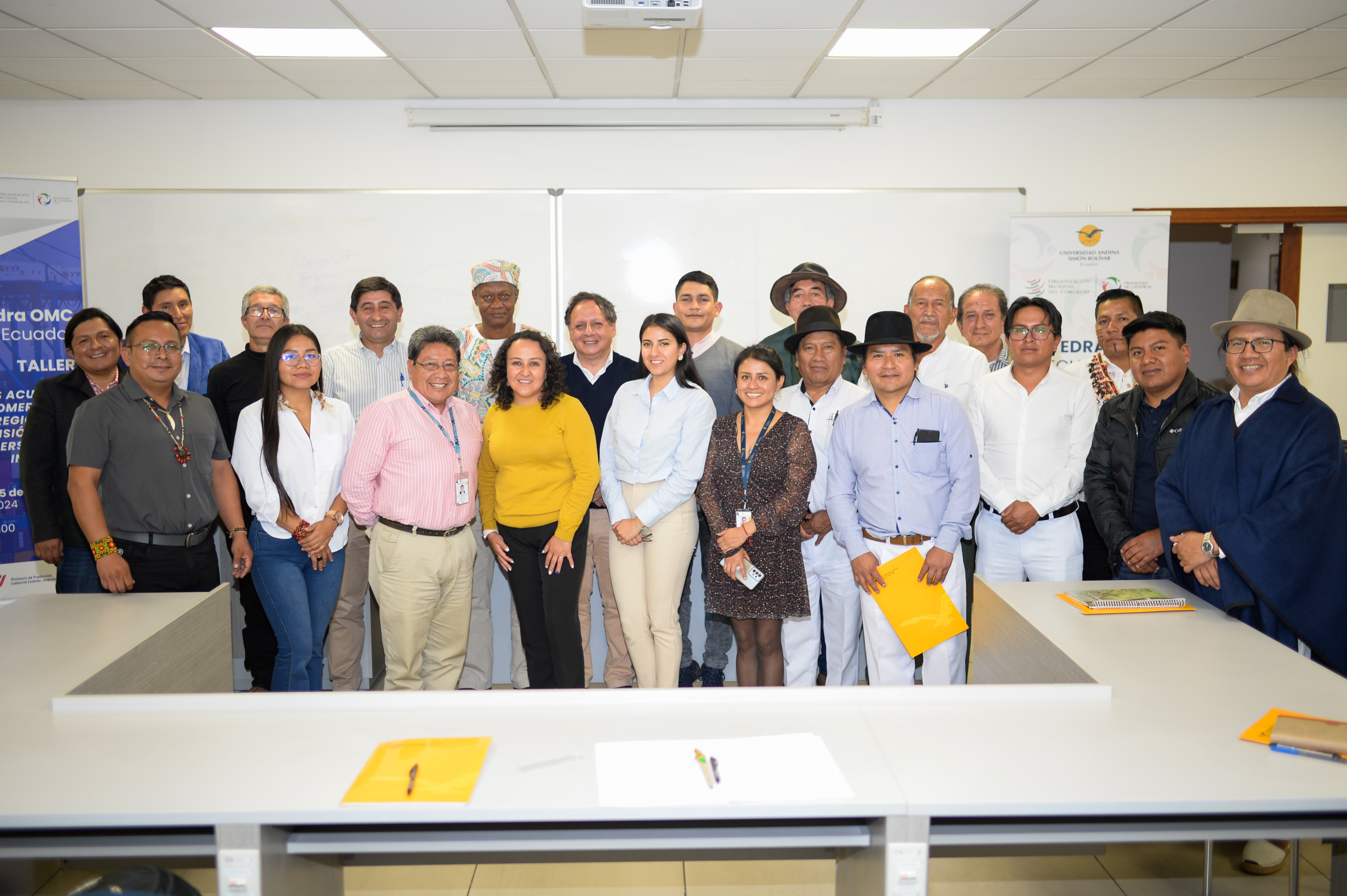Boosting the intra-African digital trade in the AfCFTA context: does regulatory framework matter?
Digital trade is one of the promising areas for the African Continental Free Trade Area (AfCFTA) and a factor of succcess of the African Union Digital Transformation Strategy (DTS) for Africa (2020–2030). However, the benefts of digital trade are not automatic and require an adequate regulatory environment. The objective of this study is to show how an adequate regulatory framework can boost the intra-African digital trade in the AfCFTA context.

